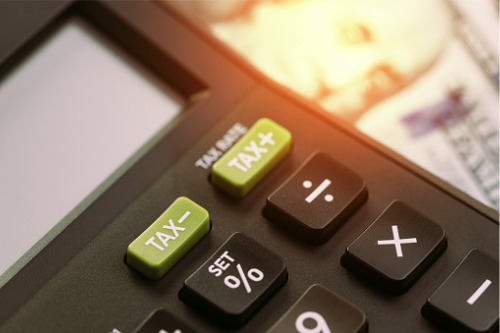The exemption on principal residences might be targeted once Canada's COVID-19 bill comes due

Higher taxes meant to cover Canada’s COVID-19 expenses might come in the form of removing the exemption on principal residences, according to wealth and investment analyst Gordon Pape.
In a recent piece for The Toronto Star, Pape said that there is a prevailing belief among tax experts that “it is only a matter of time” before the capital gains exemption for personal residences is lowered or removed altogether.
“The Canada Revenue Agency began collecting data on housing sales a few years ago, in a move many viewed as a prelude to introducing a new tax,” Pape said. “Again, this would fit with the Liberals’ philosophy of reducing wealth inequality in the country, especially if the plan included an exemption for lower-cost residences.”
Such a tax will be one of the measures that the government might consider when the time comes to deal with the debts taken on during the pandemic. Pape cited an analysis from the Canadian Taxpayers Federation which said that the national debt is on track to reach $1 trillion by the end of 2020, and the federal deficit is approaching $400 billion.
Another possible solution to the debt problem would be to raise the inclusion rate for capital gains, Pape said.
“As things stand right now, only 50% of capital gains are taxable (with principal residences still exempt),” Pape said. “This is seen by proponents as a way to encourage more risk-taking by Canadian investors and entrepreneurs. Opponents contend it is a tax break for the rich. Philosophically, the Liberal government falls into the latter group; don’t be surprised to see the inclusion rate for taxable capital gains increase to 75% or even 100% in a future budget.”
A likely effective, although contentious, step would be to raise the goods and services tax.
“Most economists agree that consumption taxes are much fairer than income taxes,” Pape said. “With the Liberals expressing concern over wealth inequality in this country, that suggests the GST would be a good, if unpopular, place to start. … It has been estimated that every percentage point increase in the GST could raise about $7 billion in additional revenue for Ottawa. That has to be very tempting for any cash-strapped government.”
Whatever the final approach would end up being, however, Pape said that it will definitely not happen right away.
“Imposing new taxes on a staggering economy would drive the country into a depression that could last for years,” Pape said. “But a year or two from now, when the pandemic is under control and the economy is in recovery mode, watch out. Someone has to pay the bill, and it’s going to be us.”



